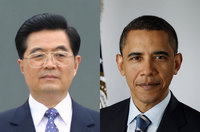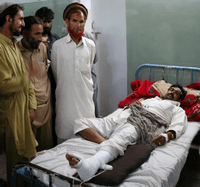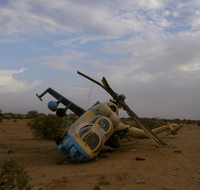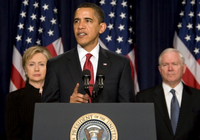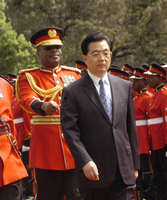
For more than half a century, the United States has held the reins of the world’s most powerful economic institutions. By design, Washington has long dominated decision-making at both the International Monetary Fund and at the World Bank — responsible, respectively, for big loans to states and economic development. At the same time, domestic institutions within the U.S., like the Treasury Department, have also exerted significant influence in the economies of foreign lands. The ideology underpinning much of this leverage — based on free markets and limited government intervention — was for a long time known formally as the Washington […]

